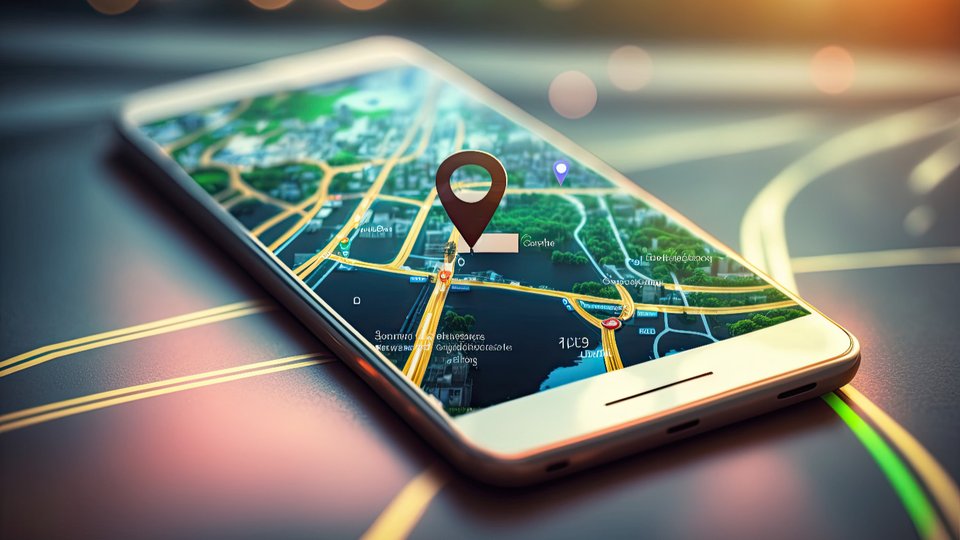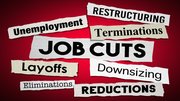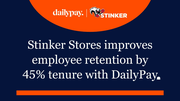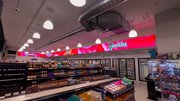Technology
Holiday surge: 3 reasons why maps bills might double for retailers
Retailers can expect nearly a 20% increase in online traffic during the holiday season. While increases like this can lead to more revenue, financial gains can quickly be offset by volume increases for location tools.

November 28, 2024 | Alex Rosenberg
Holiday shopping is around the corner, and retailers are preparing for traffic surges to their online shops and brick-and-mortar locations. For many retailers, it's the most important time of the year and can account for 20-30% of their total annual revenue.
However, increases in traffic can also lead to higher costs for the geolocation platforms you use for your business. Retailers using store locators, address autocomplete, and address validation could face surge pricing for the APIs that power their tools.
In this piece, we'll touch on common pain points for retailers using location tools and solutions to bring your costs down.
3 common reasons why maps bills can double
Retailers can expect nearly a 20% increase in online traffic during the holiday season, especially between Black Friday and Cyber Monday. While increases like this can lead to more revenue, financial gains can quickly be offset by volume increases for your location tools. More traffic means more API calls, and more API calls means a higher bill.
In particular, this is the case with store locators, address autocomplete, and address validation, all of which are tools that have become ingrained into the customer experience. Without them, customers lose the ability to easily find locations, and cart abandonment rates increase. While they are essential components of the customer journey, they're also three common reasons why your usage prices can skyrocket if you're not careful.
- Your store locator: During peak shopping periods, customers rely on store locators to find nearby locations, check inventory, or confirm hours. With thousands of users searching at the same time, API requests for map rendering and location data can skyrocket.
- Increased address autocomplete requests: High volumes of online shoppers rely on address autocomplete during checkout to quickly populate their shipping address. When traffic surges, so does the number of API calls to provide location suggestions. Every keystroke a customer makes into an address bar triggers an API call. When you multiply that by thousands of users, costs can quickly increase.
- Increased address validation requests: Retailers use address validation to ensure that the shipping and billing details entered by customers are correct, helping to prevent delivery errors. During high-traffic periods, the number of validation requests often skyrockets, leading to more API calls.
A solution for retailers in need of location tools
The biggest players providing location tools for businesses are Google Maps and Mapbox. They're also the biggest beneficiaries of traffic increases during the holidays. Once affordable options, Google Maps and Mapbox have become more of functional necessities rather than true partners; with prohibitively expensive costs once you exceed their usage limits.
However, alternatives to Google Maps and Mapbox do exist. Radar provides APIs and SDKs to help power location-based experiences for retail businesses. From store locators and address validation to enabling easy pickup and in-store experiences, Radar helps brands increase operational efficiency and is up to 90% more affordable than Google Maps. For enterprise businesses, those savings can be hundreds of thousands of dollars.
How brands use Radar's geolocation tools
E-commerce brands like Famous Footwear use Radar for address autocomplete in checkout forms.

QSRs like Panera use Radar to power their store locator.

Retail brands like DICK'S Sporting Goods are switching address autocomplete and address validation to Radar.

This blog originally appeared on Radar's website.
 ChatGPT
ChatGPT Grok
Grok Perplexity
Perplexity Claude
Claude




